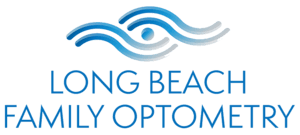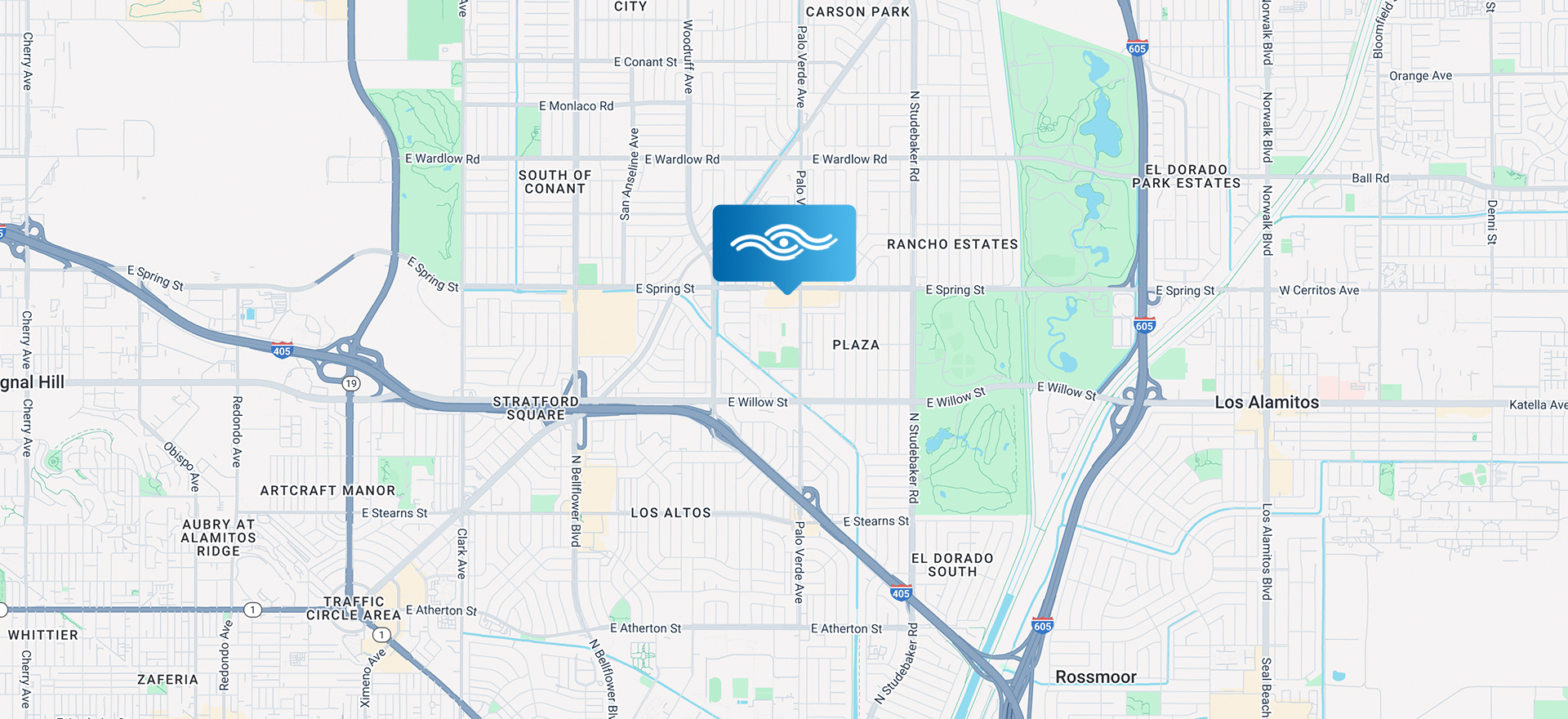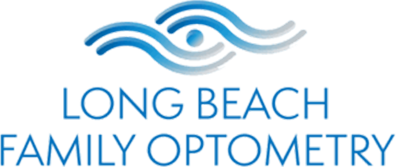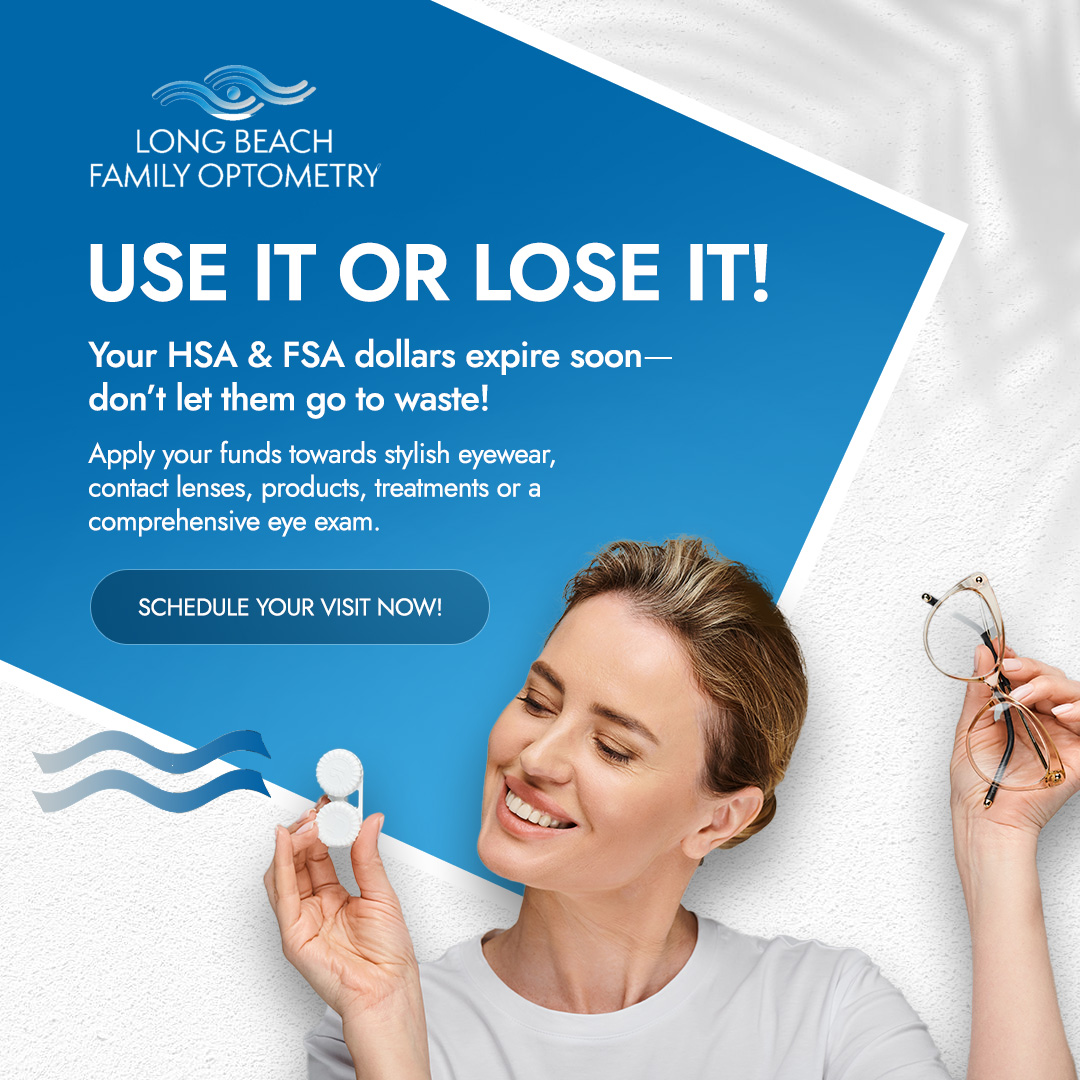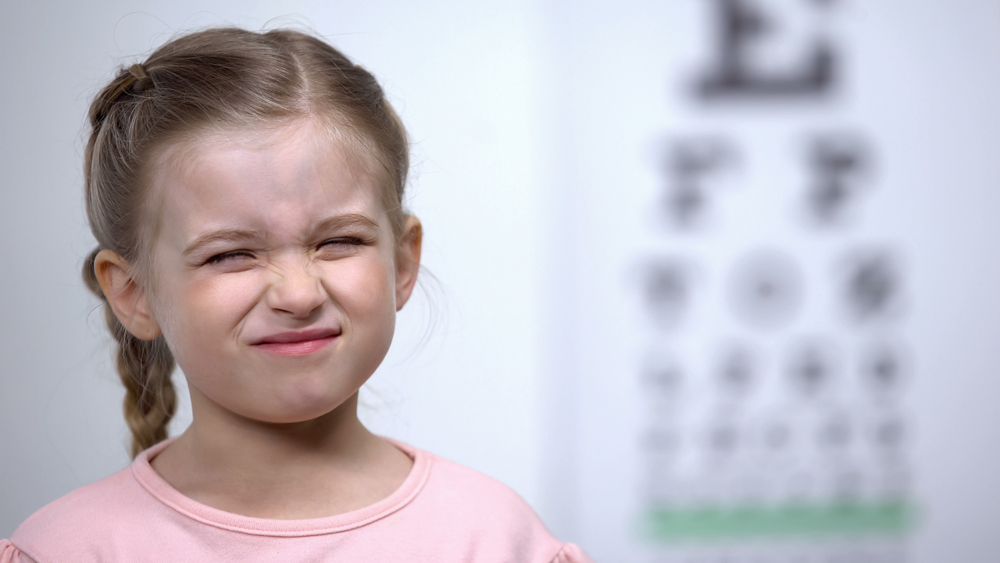
Children’s success in school depends on more than just study habits and dedication. Clear vision plays a critical role in their ability to learn, focus, and participate in the classroom. Even subtle vision issues can impact academic performance, behavior, and self-confidence.
Understanding the Link Between Vision and Learning
Clear vision is essential for effective learning. A significant portion of what children absorb in the classroom is presented visually - whether it’s reading from a book, looking at the whiteboard, or following along with digital lessons. When vision problems go undetected, a child may struggle to read fluently, understand instructions, or stay engaged during lessons. These challenges can mimic or be mistaken for learning difficulties or attention disorders. Ensuring a child has healthy, well-corrected vision lays the foundation for strong comprehension, better focus, and a more confident approach to schoolwork.
Common Eye Conditions in Children
Some eye conditions can directly affect how well a child performs in school:
Myopia (Nearsightedness): The most common vision problem in children, causing distant objects to appear blurry.
Hyperopia (Farsightedness): Can cause eye strain when focusing on close-up tasks like reading or writing.
Astigmatism: Causes blurred or distorted vision at all distances, often leading to headaches and eye fatigue.
Eye coordination or tracking issues: Can make it challenging to follow lines of text or maintain focus while reading.
The Importance of Regular Pediatric Eye Exams
Children’s eyes change rapidly, and vision problems can develop without noticeable symptoms. Annual pediatric eye exams help detect issues early - before they begin to interfere with learning. Early detection allows for timely intervention, ensuring a child can see clearly and keep up with schoolwork.
Proper Treatment for Clear Vision and Confidence
Once a vision problem is identified, proper treatment can make a world of difference:
Prescription Glasses: Corrective lenses tailored to the child’s needs help them see comfortably at all distances.
Lens Options: Anti-reflective coatings, blue light filters, and impact-resistant lenses provide added clarity, comfort, and protection.
Myopia Management: Specialized treatments like orthokeratology (Ortho-K) lenses, multifocal contact lenses, or atropine eye drops can slow the progression of myopia, reducing long-term risks.
Clear vision not only improves a child’s ability to read, write, and learn - it also boosts their self-esteem and willingness to participate in class.
Set Your Child Up for School Success
Vision problems can significantly affect a child’s learning and classroom performance, but with regular eye exams and proper treatment, every child can have the visual tools they need to succeed. Addressing vision issues early ensures clearer sight, better academic performance, and improved confidence.
Schedule a pediatric eye exam at Long Beach Family Optometry to ensure clear vision for a successful school year ahead. Visit our office in Long Beach, California, or call (562) 553-6600 to book an appointment today.
